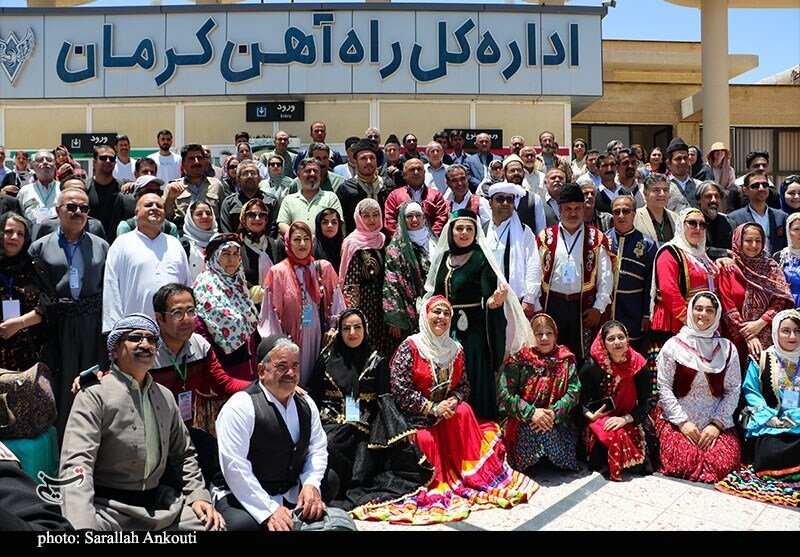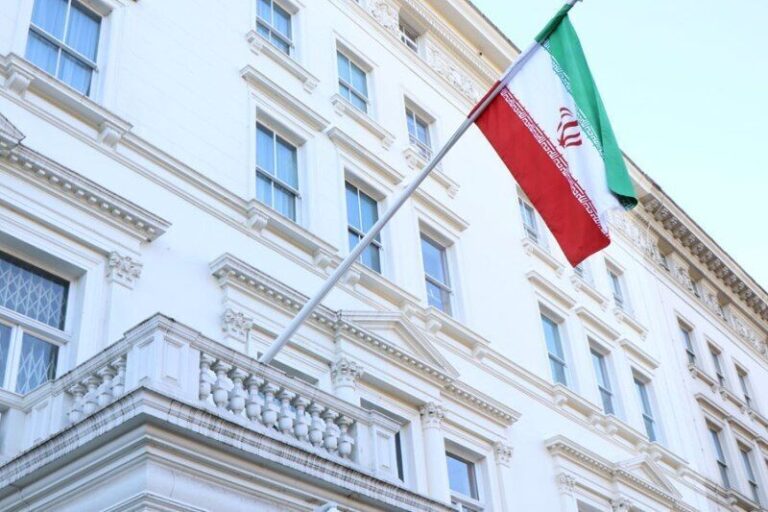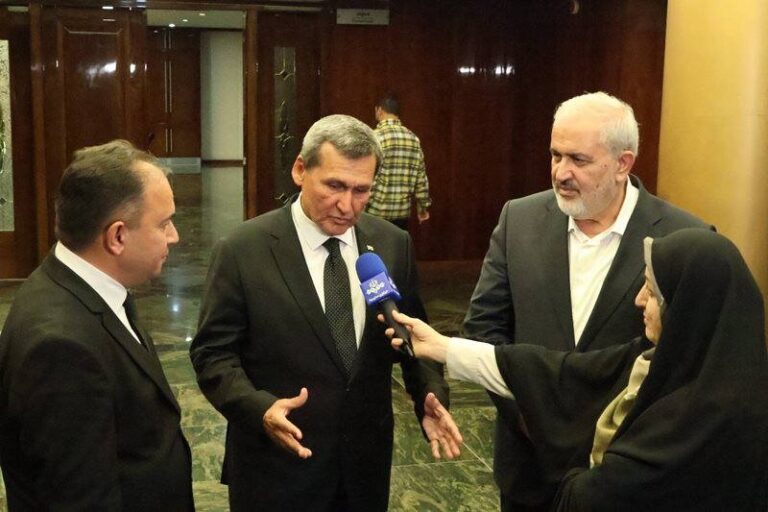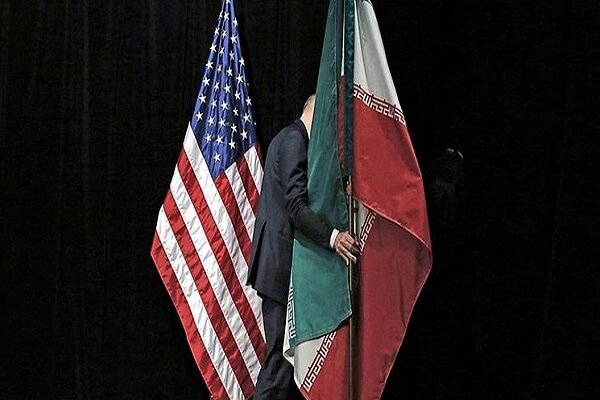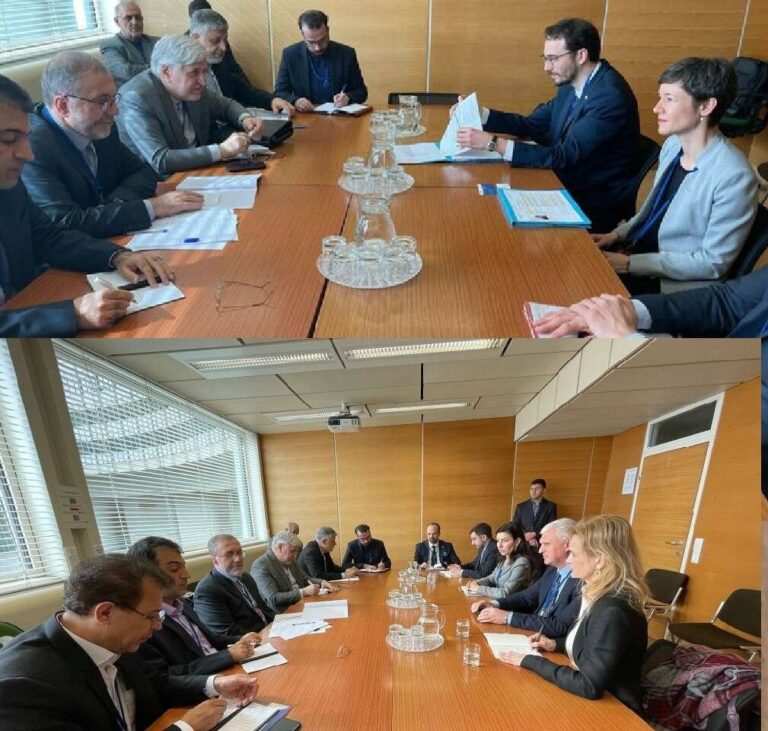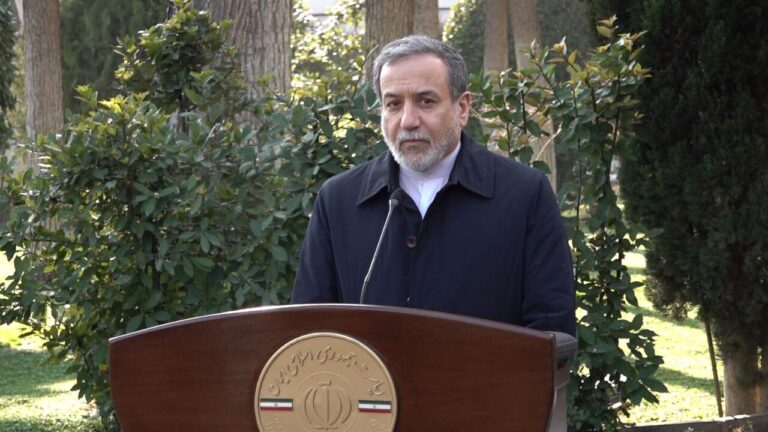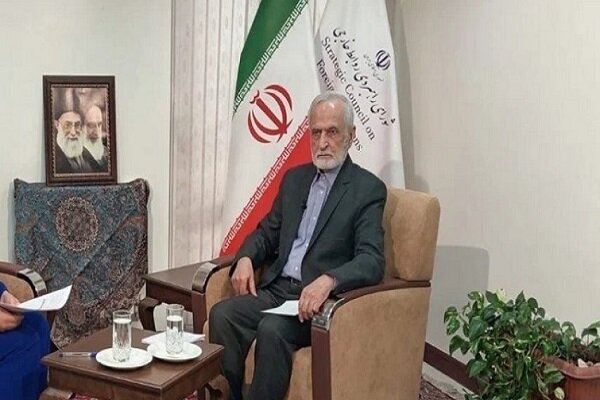Revitalizing Heritage: Unveiling the New Era of Rural Tourism in Iran
On May 21, a historic event took place in Kerman, marking the first-ever national celebration of ecolodges in Iran. This gathering brought together approximately 600 ecolodge managers, tourism professionals, and media representatives, emphasizing the growing importance of sustainable tourism in showcasing Iran’s rich cultural identity. Ecolodges not only serve as accommodations but also act as vibrant storytellers of the country’s rural heritage.
The festival was themed “from the heart of the soil to the soul of Iran,” highlighting the unique characteristics of Iranian bomegardis—local ecolodges that offer more than mere lodging experiences. These family-run establishments are deeply embedded in their communities and provide travelers with an authentic glimpse into village life, traditional hospitality, and ancestral knowledge.
With over 3,700 registered ecolodges across the nation, the bomegardi movement has fostered a national network promoting sustainable tourism while contributing to cultural preservation, community empowerment, and rural development. In many villages throughout Iran, ecolodges have revived abandoned homes, restored lost crafts, and revitalized local pride.
Beyond Tourism: The Cultural Impact of Ecolodges
Prominent speakers at the event, including the Minister of Cultural Heritage, Tourism and Handicrafts, Seyyed Reza Salehi-Amiri, and Yavar Abiri, head of the Iranian Ecolodge Association, stressed that ecolodging transcends mere economic activity. It embodies a rich cultural ecosystem. As the minister eloquently stated, ecolodging is “a living extract of Iranian civilization,” where elements such as food, dress, architecture, dialect, handicrafts, and hospitality interweave in a continuous cultural revival.
For many villagers, ecolodges offer more than a source of income; they provide motivation to remain in their communities, return from urban areas, and contribute to rebuilding efforts. By reversing rural-to-urban migration trends, ecolodges have created local jobs, stimulated micro-enterprises, and preserved traditional knowledge that was on the verge of disappearing.
Symbolism, Solidarity, and a Shared Vision
The Kerman festival was both symbolic and strategic, set against a backdrop rich in historical landmarks, including Rayen Citadel, Shazdeh Garden, Bam Citadel, and the Kaluts of Shahdad desert. The event aimed to showcase the intersection of heritage, landscape, and community that characterizes ecolodging throughout the country.
Among the festival highlights was the arrival of a specially designed train from Tehran to Kerman, adorned with traditional Iranian motifs. This train symbolized a cultural journey across the nation, reinforcing the event’s significance.
The festival also featured an international “Spice Route” food and cultural exhibition, linking Iran’s culinary and ethnic diversity with global tourism narratives.
Toward Global Recognition
A key takeaway from the celebration was its significance for the future of Iranian ecolodging. Yavar Abiri emphasized that this event marks “the beginning of a long, purposeful path toward global recognition of Iranian ecolodging.” The formal registration of National Ecolodge Day in Iran signifies more than a symbolic gesture; it represents progress toward institutional recognition, policy support, and international collaboration in sustainable, community-based tourism.
Ecolodges as Guardians of Cultural Identity
The inaugural National Celebration of Ecolodges reminds us that tourism, when anchored in local culture and driven by local communities, can be a potent force for regeneration. The bomegardis are not merely redefining hospitality; they are also guardians of cultural continuity, ambassadors of Iranian diversity, and catalysts for rural resilience.
As global interest in meaningful and sustainable travel continues to grow, Iran’s ecolodges are poised to emerge as a unique model for tourism. Here, heritage is not merely preserved; it is actively re-practiced, and villages are seen not as relics of the past but as blueprints for a sustainable future.
The collective efforts of ecolodge owners, community members, and government officials signal a promising direction for tourism in Iran, combining economic viability with cultural integrity. This celebration marks the beginning of a new chapter in the evolution of Iranian tourism.
